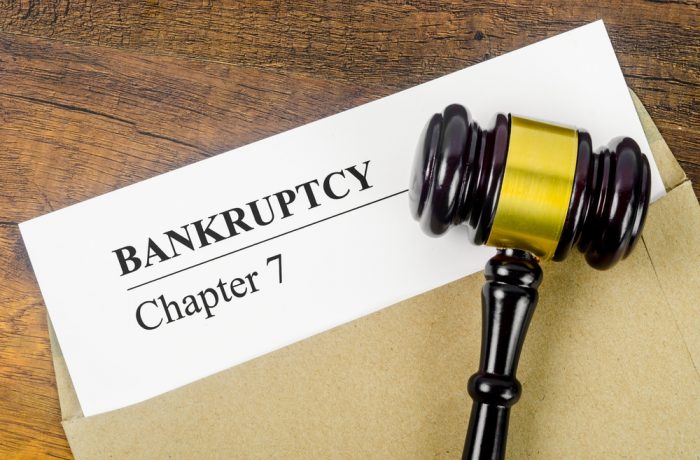Managing your debt effectively is crucial for maintaining financial health and achieving your long-term goals. In 2024, with economic uncertainties and changing financial landscapes, it’s more important than ever to adopt strategies that help you control and reduce your debt. This article outlines practical tips for assessing your debts, creating a repayment plan, reducing your debt, and staying on track to financial freedom.
Assessing Your Debts
Before effectively managing your debt, you need to understand its scope. Start by listing all your debts, including credit cards, loans, and other liabilities. Note the interest rates, minimum monthly payments, and remaining balances for each. This comprehensive overview will help you prioritize which debts to tackle first, typically focusing on high-interest debts to minimize the total amount paid over time.
Developing a Repayment Plan
Creating a structured repayment plan is vital. Two popular methods are the avalanche and snowball methods. The avalanche method involves paying off debts with the highest interest rates first, which saves money on interest in the long run. The snowball method focuses on paying off the smallest debts first, providing psychological motivation as you see debts being eliminated.
Choose the method that best fits your situation and personality. Set a realistic monthly budget that includes debt repayment, and stick to it. Automating payments can also ensure you never miss a due date, avoiding late fees and additional interest charges.
Reducing Your Debts
Cutting down your debt requires both strategic planning and lifestyle adjustments. Here are some effective strategies:
- Increase Payments: Whenever possible, pay more than the minimum payment. This reduces the principal faster and decreases your interest over time.
- Consolidate Debts: If you have multiple high-interest debts, consider consolidating them into a single loan with a lower interest rate. This can simplify your payments and reduce the total interest paid.
- Negotiate with Creditors: Don’t hesitate to contact your creditors to negotiate lower interest rates or payment plans. Many creditors are willing to work with you if you communicate proactively.
Staying on Track
Maintaining momentum in your debt reduction journey can be challenging but essential for long-term success. Review your progress regularly to stay motivated. Adjust your budget as needed to accommodate changes in income or expenses, and monitor your credit report to ensure accuracy and prevent identity theft.
Importance of Emergency Savings
Having an emergency savings fund is a crucial component of debt management. It acts as a financial cushion, providing a sense of security and relief, allowing you to cover unexpected expenses without using credit cards or loans, which can exacerbate your debt situation. Aim to save at least three to six months’ living expenses in a separate, easily accessible account.
Dealing with Setbacks
Life is unpredictable, and setbacks are inevitable. Whether it’s an unexpected medical expense or a sudden job loss, it’s essential to have a plan in place:
- Adjust Your Budget: If your financial situation changes, revise your budget and repayment plan accordingly. Prioritize essential expenses and look for areas to cut back.
- Seek Assistance: Consider seeking help from a credit counseling agency. These organizations offer services to help you manage your debts, create a budget, and develop a sustainable financial plan.
- Stay Positive: Maintaining a positive mindset is crucial. Understand that setbacks are temporary, and focus on your progress. Celebrate small victories to keep your morale high. This optimism will keep you motivated and encouraged on your debt management journey.
Guidance
In conclusion, managing your debt in 2024 requires a comprehensive and flexible approach. You can take control of your financial future by assessing your debts, developing a repayment plan, reducing your debts, and preparing for setbacks. Remember, the journey to financial freedom is a marathon, not a sprint. Stay disciplined, stay informed, and stay motivated. This journey is not just about managing debt, but about achieving financial freedom, which should inspire and motivate you.
Bankruptcy is not the end, it’s a new beginning. Give yourself the opportunity of a fresh start. Contact the Bankruptcy Law Firm of Figeroux & Associates today. Call 855-768-8845 or visit www.askthelawyer.us to book a consultation. The lawyer you hire does make a difference!





